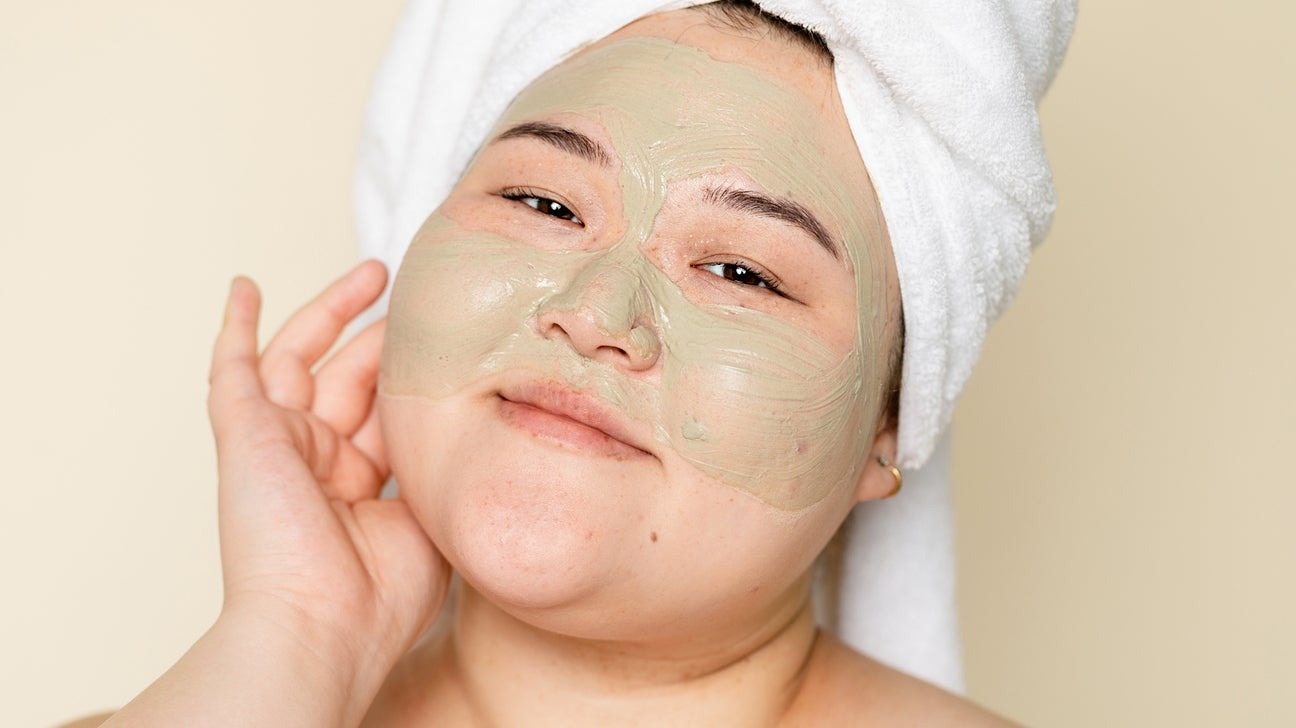Natural deodorants are nothing new. Search the aisles of your supermarket and there’s a good chance you’ll find entire shelves of the stuff, along with natural versions of other personal care, household and beauty products. They are often more expensive than their more conventional counterparts.
This implies that natural products are inherently safer and purer than so-called “unnatural” versions that have been used for decades.

But are natural deodorants really better for you than regular speedsticks? This is suggested by experts and scientific evidence.
The difference between natural deodorant and conventional deodorant
Before comparing natural and conventional deodorants, it should be noted that there are actually two different types of products within the deodorant category: deodorants and antiperspirants. As explained in a 2020 article in Annales de Dermatologie et de Vénéréologie, antiperspirants are formulated to prevent sweating, using aluminum salts as the active ingredient for this.
Deodorants, on the other hand, do not really prevent sweating. Instead, it aims to mask the smell of sweat with fragrances and an antimicrobial agent to limit the growth of odor-forming bacteria. According to an article published in the International Journal of Dermatology, the active ingredient in conventional deodorants is usually triclosan, which, according to research, is a synthetic antimicrobial agent. Natural deodorants, on the other hand, are usually based on essential oils and plant extracts, which act as fragrances and also have some antimicrobial properties.
Most, but not all, natural deodorants do not contain aluminum. But even these lines are blurred. For example, Tom’s of Maine, a brand known for selling natural products, offers some antiperspirant products that contain aluminum, along with their many aluminum-free deodorant offerings. These antiperspirants do not have a “natural” on the packaging, but the fact that they are sold by a company that markets itself as using natural ingredients could certainly confuse consumers. In addition, the USA is USA. The Food and Drug Administration (FDA) has not defined the term “natural” as it is used in cosmetic labeling, and therefore there is no meaningful regulation on how brands use the term or what ingredients could be contained in so-called “natural” products.
Are conventional deodorants and antiperspirants harmful?
“The craze for conventional deodorants dates back to the early 1990s, when an email chain letter circulated claiming that deodorants could block sweating and purifying toxins and inflame lymph nodes and cause cancer,” says Jeffrey Fromowitz, MD, a board-certified dermatologist and medical director of Boca Dermatology in Boca Raton, Florida. “So far, these risks have not been proven.”

An article published in Nature Medicine in 2004 called the email chain a hoax, referring to a 2002 study published in the Journal of the National Cancer Institute, which analyzed data from 1, 600 women and found that the use of deodorants is not associated with breast cancer. The article by Nature Medicine also questioned the validity of two studies: one published in 2003 in the European Journal of Cancer Prevention, which linked the use of antiperspirants and frequent shaving of the armpits to breast cancer, and another published in 2004 in the Journal of Applied Toxicology, which showed that parabens (preservatives used in cosmetic products, including deodorants that mimic estrogen) were found in breast tumors have been. The first study was small and poorly designed, according to the American Cancer Society (ACS), and its results were not supported by further research. The second study, according to the ACS, found parabens in breast cancer tumors, but did not show that these parabens caused or supported tumor development, or that the use of products containing parabens was related to breast cancer.
“There were also concerns about aluminum exposure and Alzheimer’s disease,” says Dr. Fromowitz. “But as the science of diseases has advanced, experts have discarded this idea.”In other words, conventional deodorants and antiperspirants are safe to use,” she says.
According to the FDA, conventional deodorants and antiperspirants are absolutely safe for regular human use. If you are still concerned about using conventional antiperspirants, you can also take comfort in the fact that the FDA classifies these products as cosmetics and medicines due to their mode of action, and therefore they are subject to more stringent regulations than conventional and natural deodorants. which are classified only as cosmetics.
To date, there is also no reason to believe that natural deodorants have a negative impact on health. But, as with conventional deodorants, they may contain ingredients that certain people are sensitive or allergic to. Most often, it is the fragrances in deodorants that cause dermatitis, a common skin irritation that usually appears as a rash or as a patch of dry, itchy skin. If you feel itching or other skin problems under your arms after applying deodorant or antiperspirant, Fromowitz recommends talking to a dermatologist.
What to look for in a natural deodorant
Although the evidence does not support the idea that conventional deodorants and antiperspirants have negative health effects, some people prefer natural products that are made without artificial ingredients. Natural deodorants could also be a good alternative for people who have tried many conventional antiperspirants and deodorants and have found that their skin is sensitive to them. However, even here it is important to remember that natural deodorants without aluminum do not prevent sweating, but only mask the smell.

If you’re looking for a natural deodorant, Jenelle Kim, a Chinese medicine doctor and founder of San Diego-based JBK Wellness Labs, recommends reading the ingredient list instead of simply relying on label claims like “natural” or “clean beauty. Ideally, brands should be transparent about what’s in their product, he says, rather than simply listing terms like “natural fragrance,” without saying exactly what ingredients that fragrance comes from. Fromowitz also recommends paying special attention to the essential oils and other fragrances used in the products you choose, as they are most likely to cause irritation.



